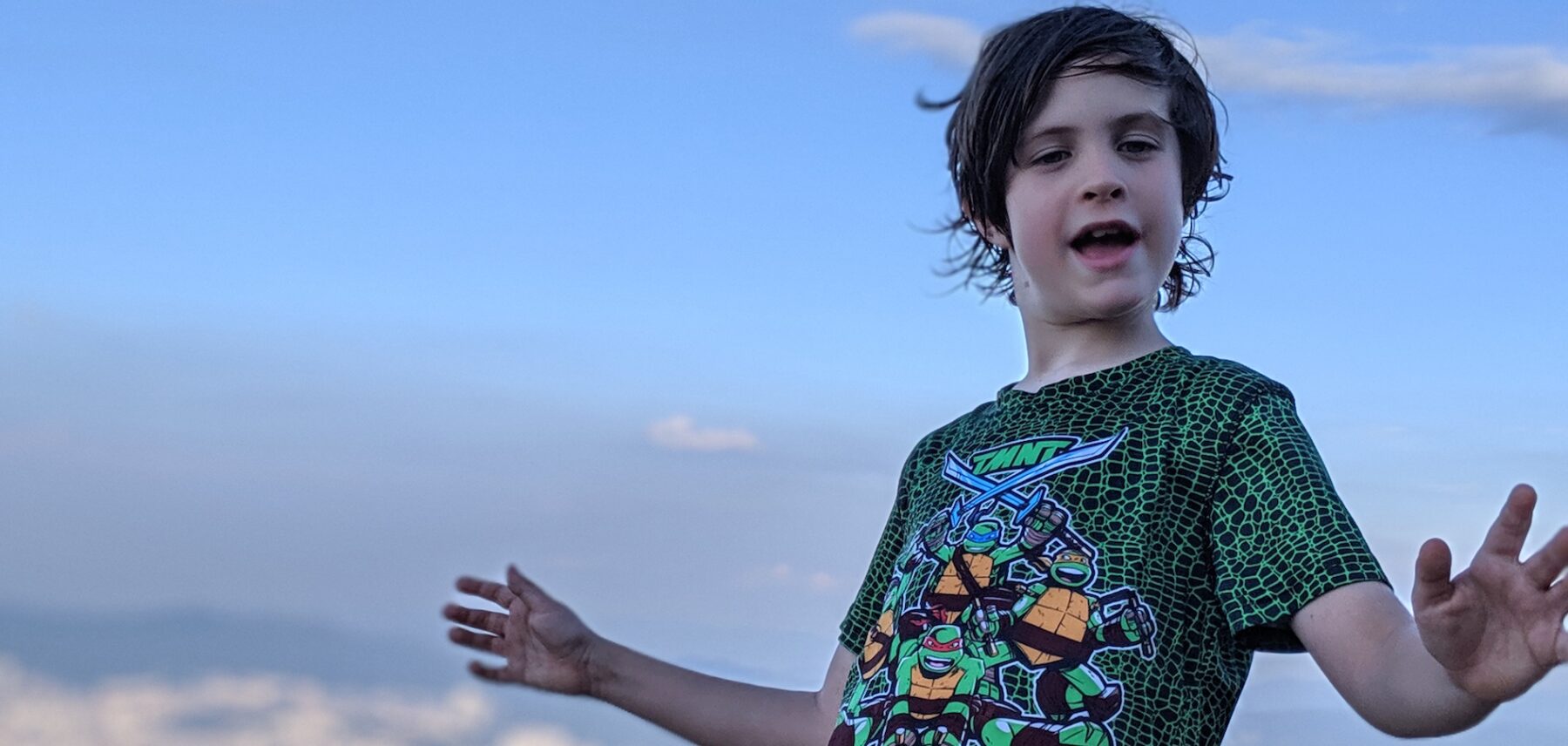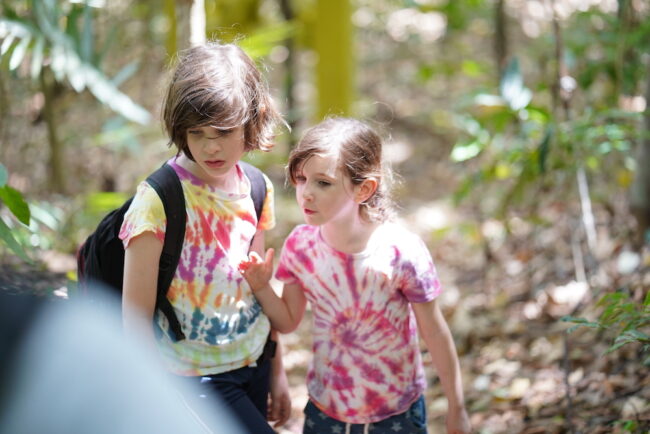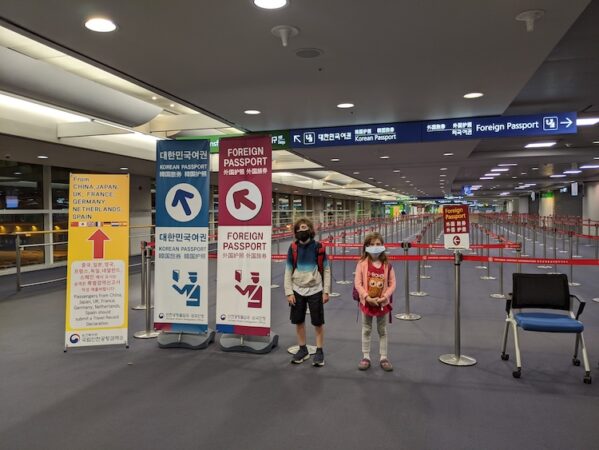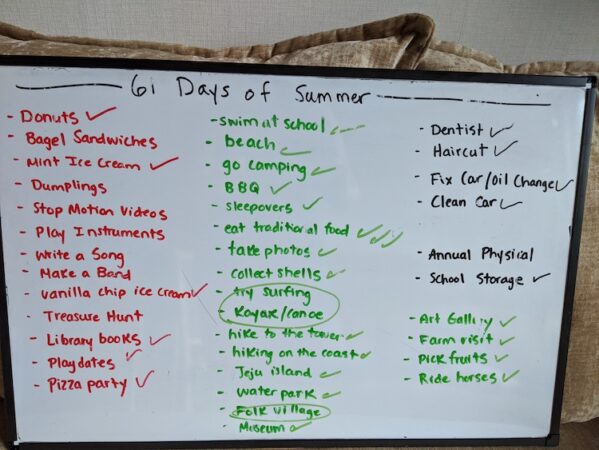Update: Our First Year in South Korea

In the past decade, I’ve lived in the United States, Vietnam, India, and now South Korea. As you can tell from the blog entry dates, I wrote once on ExpatHeather.com when we first arrived in July 2019, and then the blog went on hiatus as we settled into a new school, new job, and new country. Our first semester was hectic, with all the usual trappings of an international move, and me sending out 800 students on 9 different experiential education trips around Korea during my first two months on the job.
Once we finally felt like we were settling in, finding routines, and making friends, Covid19 arrived in South Korea, and our lives changed.
It was February 23, 2020 when the Korean government decided schools would go virtual. I was set to leave the next morning on a work trip to the Philippines for six days, along with three colleagues. Our goal was to do research, relationship-building, and risk assessment for an international trip for Korea International School students for Fall 2020. The trip was focused on jungle survival and sailing. We had worked for months with the providers, including working with the native Aeta people of the Philippines who would be running the jungle survival camp.
While I’d organized childcare for my kids AFTER school, my first grader and my third grader suddenly had nowhere to be from 7:30am to 4:00pm Monday through Friday. After some quick, “Is this idea crazy?” conversations with the School Director and my trip colleagues, I found another flight with three tickets, cancelled my original one, packed up the kids, and took them with me. I didn’t want to give up months’ worth of planning, and I also didn’t want to possibly get separated from the kids in a different country. I gave them each 30 minutes to pack, saying, “I’m not sure how long we’ll be gone for, so pack wisely!” Arianne was a pro, packing art supplies, Play-Doh, books, and small games. Gabriel insisted he didn’t need anything…so yup we had to shop for some school supplies for him later.
Even though the jungle survival program is usually for students 14 and up, the kids were able to do it. We did a thorough research and risk assessment, and the kids actually got to be part of it. It was pretty funny, because they were part of the nightly debriefs. Gabriel has a pretty good eye for risk factors. When we arrived back at KIS, they sidled right up to the table during a leadership meeting to give their ideas.

The work trip was only scheduled for six days, but our flight back was cancelled. We stayed two additional weeks in the Philippines, island-hopping while doing virtual school. The Korean government called all foreign workers back when we had reached Camiguin, a remote island in Mindanao. After my amazing 37th birthday celebration on the island with our friends John & Mallory, we were able to get the last flight out of Camiguin and a connecting flight to Seoul before the Philippines went into lockdown. Those three weeks in the Philippines were really the calm before the global storm.
Arriving in Seoul in mid-March 2020 was eerie. The airport was virtually empty. Because we’d been out of the country, we weren’t allowed to go on campus for two weeks, so we kept doing the virtual school routine from home. That first week back is really when it hit me; this pandemic is going to be global, and it’s going to last a long time. So much of my work is focused on travel and planning months and years ahead of time. When we’d been in the Philippines, we were hoping to ride out the outbreak and come back to some sense of normal. The afternoon snorkeling and hiking gave us a natural outlet and distraction from the stress. When we got back to Korea, it was like BOOM: this is reality now. Learn to live with it.

I felt like I’d been hit by a truck. For a week, I barely managed anything other than work and feeding the kids. Spring break to Mongolia was cancelled. Our China, Vietnam, and Russia research trips were cancelled. Summer visits to see friends and family in Europe and the United States were cancelled. I realized how mobile we had been. How privileged we had been to jet off and explore so many parts of the world, and interact with so many different cultures. I spent the next three months negotiating refunds and vouchers for student trips that were called off.
My job went from creating to cancelling. Many of our big projects went on-hold indefinitely. I won’t lie; it was depressing. By the end of March, our team had accepted this, and we started to re-define our applied learning goals to things we could have more control of in the Covid era. During the three months of virtual school, the kids and I made sure to see friends in small groups, and to get outside and active as much as possible. I took a semester off from the MBA in order to manage the chaos and uncertainty.
We finally went back to on-campus learning at the end of May, with a staggered approach. It was a huge logistical undertaking. My own kids were ecstatic to go back, even if only for a few days. After all the buildup and emotional toll of the semester, suddenly we were faced with 61 days of summer, and no plans.
So we made a list, and a glorious list it was. And Gabriel, who often prefers to stay home, suggested that we take an epic road trip. I had been pondering it, and didn’t know if I had the energy for a month-long single-parent excursion. But I thought, what better way to get to know Korea? So off we went on a 32-day grand tour of the southern part of the peninsula, from Gunsan to Tongyeong, including 10 days on Jeju Island.

We’re now back in school, in-person and virtual in an on-again off-again fashion, based on government mandates. It feels like the school year has already been six months, with all the change we’ve absorbed, but it’s only been six weeks.
And so, 2020 continues! We feel very grateful to be in South Korea, where the government is keeping a tight rein on Covid19 with its commitment to transparency, testing, contract tracing, and containment. The community at Korea International School is supportive, and we hope that all of our students will get more time on campus as we continue the fall semester.
I chose the feature photo because Gabriel looks like he has quite a story to tell in it. In reality, he’s probably talking about Minecraft. But what a story 2020 has been so far! What’s your story of the last year?

